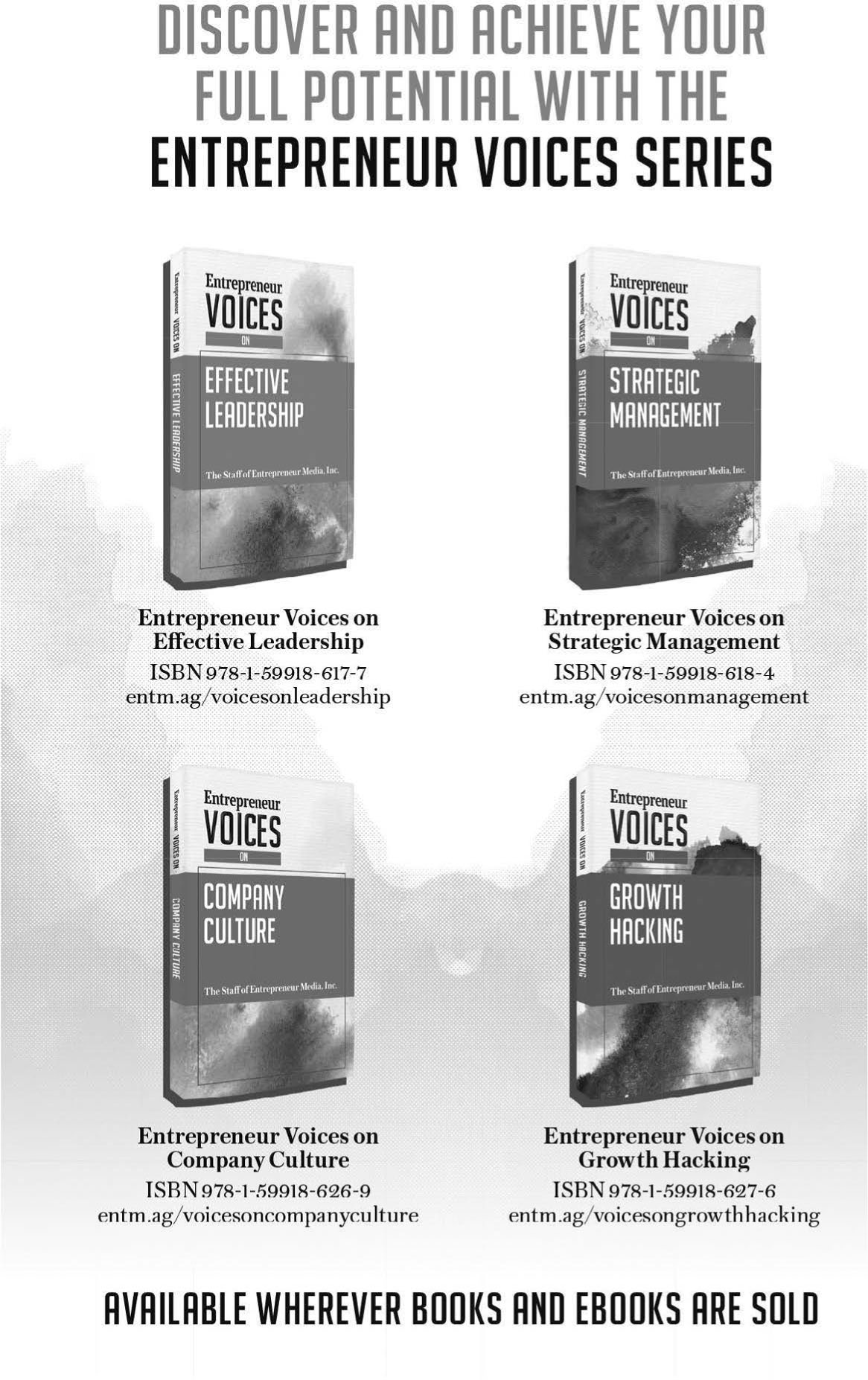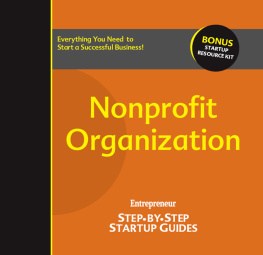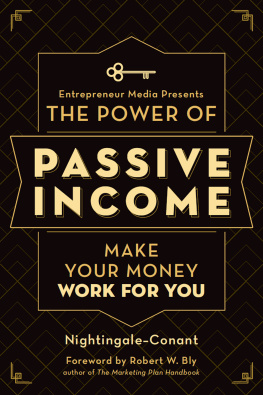Table of Contents
Guide

W hether at work or at home, success is something we strive for in all aspects of our lives. And while there are a number of obvious things you should be doing to achieve your goals, there are also some not-so-obvious ones. For example, were often told that working too much can be detrimental to our health and wellness; however, a study found that high engagement actually protects from health risks associated with working too much. And being too happy around co-workers might make you seem naive, rather than simply optimistic.
From office jokes to sales leads to patience, check out these nine science-backed insights to help you achieve success.
1. Workaholism Has an Upside
Those who work more than 11 hours a day have been shown to have a higher risk of heart disease, high blood pressure, obesity, and high cholesterol. But theres better news for happy workaholics: High engagement may protect you from these risks. According to the Harvard Business Review, companies see a spike in productivity and a dip in turnover when workaholics are focused and content in their jobs.
2. Office Jokes Are Risky
According to a study by the Wharton School, humor can increase your status at work, make you appear more competent, and make you more likely to be elected as a group leader. But thats only if your jokes are appropriate. An off-color or bad joke can backfire and diminish your status, leaving co-workers thinking youre incompetent.
3. Dial Down the Happy
Employees who are too outwardly upbeat are seen as naive and unsophisticated. Why? Research finds that overly happy employees are perceived as more vulnerable to deception or exploitation. While its good to be positive, it is not always motivating, inspiring, or even attractive to your co-workers. Instead, try to focus on being thoughtful and wise about the people and the world around you.
4. Experiment with Different Sales Techniques
When it comes to generating sales, you should be open to all sorts of different approaches. One size does not fit all. For example, to generate leads for its online course-building services, PLR.me tried using a chatbotand found that 78 percent of people who engaged with it stayed through to the end.
5. Be Patient
In his TED Talk What I Learned from 2,000 Obituaries, Lux Narayan, CEO of Unmetric, says, We looked at the data: 2,000 editorial, nonpaid obituaries over a 20-month period between 2015 and 2016. What did these 2,000 deathsrather, livesteach us? The average age at which they achieved things is 37. What that means is, youve got to wait 37 years before your first significant achievement that youre remembered for, on average, 44 years later, when you die at the age of 81. Talk about having to be patient.
6. Go for Face Time
Despite the ease of digital communication, sometimes good, old-fashioned face time is the most effective communication technique. A study found face-to-face requests are 34 times more successful than emails.
7. Get Psyched Up
In his book Psyched Up: How the Science of Mental Preparation Can Help You Succeed, Daniel McGinn writes, For people who suffer from extreme nerves... dont obsess over calming down. Instead, tell yourself that the sweaty palms and the racing heart are a positive sign, because they signify excitement: Youre lucky to be here and to have this opportunity to prove how good you are.
8. More Is Better
On average, creative geniuses [arent] qualitatively better in their fields than their peers. They simply produced a greater volume of work, which gave them more variation and a higher chance of originality, writes Adam Grant in his book Originals: How Non-Conformists Move the World. To generate a handful of masterworks, Mozart composed more than 600 pieces before his death at 35, Beethoven produced 650 in his lifetime... Einstein wrote papers on general and special relativity that transformed physics, but many of his 248 publications had minimal impact.
9. Get to Work
According to David Autor, professor of economics at MIT, Many of the great inventions of the last 200 years were designed to replace human labor. Assembly lines were engineered to replace inconsistent human handiwork with machine perfection. Computers were programmed to swap out error-prone, inconsistent human calculation with digital perfection... And yet, the fraction of U.S. adults employed in the labor market is higher now in 2016 than it was 125 years ago. Machines may be able to do many of our jobs, but they havent replaced us completely. So get started!
O ften, the hardest part of achieving success is when you transition your goals into habits. Goals tell you where you want to go, but habits give you the discipline you need to get there. It may seem daunting, but the process will get easier with time. All it takes now is persistence, passion, and a little science-backed knowledge to get you over the hump.
Here are seven tips that will help you keep pushing.
1. Get Bold
Want to push your performance to the max? Make a stretch goal, rather than one thats easily attainable. Stretch goals push you beyond your usual limits. Penn State psychology professors found in a study that big, lofty goals are correlated more strongly with improved performance than small, incremental goals. The higher the bar, the harder we push.
2. Narrow Your Focus
So you want to pitch 20 new clients, build out the product line, and scout a second location? Time to pare down that to-do list. In a study in the Journal of Marketing Research, participants who picked just one goal achieved success at nearly double the rate of those who chased two or three at a time.
3. Grab a Pen
Got a goal? Write it down. In a study at Dominican University, people who wrote down their objectives achieved roughly 50 percent more than people who merely thought about them.
4. Think in Ranges
A study published in the Journal of Consumer Research shows that setting a goal within a range (say, raising revenue 8 to 10 percent) makes you more likely to stick with it than if you aim for a flat number. Even better: Youll be more likely to try to set a goal again in the future, says lead researcher Maura Scott, a professor at Florida State University.
5. Map It Out
A goal is great; a game plan is even better. In a study in the Journal of Applied Psychology, participants who spent two hours mapping out how they planned to achieve specific goals were more likely to find success. The researchers wrote: Goal clarity increases persistence, making individuals less susceptible to the undermining effects of anxiety, disappointment, and frustration.
6. Enlist a Friend
An accountability buddy can work just as well in the boardroom as at the gym. Research shows that when people share weekly progress reports with a friend, their likelihood of success at reaching a goal climbs to 76 percent.
7. Cue the Immediate Gratification
Our brains naturally want to put off daunting tasks and let our future selves deal with them (the psych term for this is present bias). But a 2016 study in the Chicago Booth Review offers a way around your inner procrastinator: Give yourself small rewards in the near future to spur greater achievement of long-term goals. A slice of cake every time you cold-call an investor? A Friday-night Netflix binge every week you advance the ball on your big goal? Whatever keeps you inching toward the finish line!
8. Get Unmotivated
OK, it sounds completely counterintuitive, but a study by the British Journal of Health Psychology found that trying to motivate yourself to reach a goal was less effective than setting an intention for when and what you want to accomplish. Researchers reported that people who read motivational materials were less likely to get things done, while people who made a plan and followed through were much more successful.
Next page





